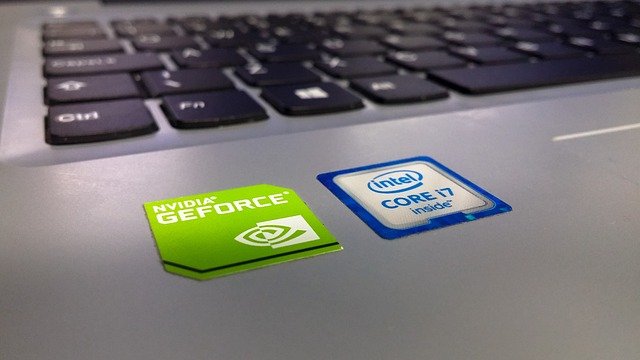Nvidia’s stock has surged nearly fourfold this year and over ninefold in two years. This rise pushed its market value to $3.6 trillion. Despite booming demand for AI chips, investors worry about slowing sales growth.
On Wednesday, Nvidia projected its slowest revenue growth in seven quarters, falling short of investor expectations. Shares of the Santa Clara-based company dropped 5% after the announcement, later recovering slightly to close down 2.5% in after-hours trading. During regular trading, the stock ended 0.8% lower.
Leading up to the earnings report, Nvidia’s stock had risen over 20%, hitting an intraday record earlier in the week. With its nearly quadrupled value this year and ninefold increase over two years, Nvidia remains one of the world’s most valuable companies by market capitalization.
Blackwell AI Chips: Strong Demand, Initial Margin Pressures
Nvidia’s new Blackwell family of AI chips is driving high demand but faces initial margin pressures. The chips’ launch will initially reduce gross margins, but Nvidia expects improvements as production scales. CFO Colette Kress stated the company is on track to exceed initial fourth-quarter sales forecasts.
When questioned about media reports of overheating issues in liquid-cooled servers housing 72 Blackwell chips, CEO Jensen Huang dismissed the claims. He assured investors that customers like Microsoft, Oracle, and CoreWeave are adopting the systems. “There are no issues with our Grace Blackwell liquid-cooled systems,” Huang told Reuters, emphasizing the solid engineering behind them.
Initially, Blackwell chips will deliver gross margins in the low 70% range. Nvidia expects margins to increase to the mid-70% range as production ramps up. The company has forecast fourth-quarter revenue of $37.5 billion, plus or minus 2%, exceeding analysts’ average estimate of $37.09 billion.
Slowing Growth, But Demand Remains Strong
Nvidia’s growth is slowing, but demand for AI chips remains strong. The company forecasts 69.5% revenue growth for the fourth quarter, down from 94% in the third quarter.
“Investors have become accustomed to big earnings surprises from Nvidia, but maintaining that pace is getting harder,” said Ryan Detrick, Carson Group’s chief market strategist. “This report is still solid, but with expectations this high, it’s becoming more difficult to exceed them.”
The slowdown in growth doesn’t fully reflect the strong demand for Nvidia’s AI chips, which continue to dominate the market. Supply chain issues are making it harder for Nvidia to achieve major revenue “beats.” Still, analysts like Brandon Hoff from IDC believe growth could accelerate if Nvidia’s margins surpass 75%.
Production Challenges and Supply Chain Issues
Production capacity constraints at TSMC, Nvidia’s primary manufacturing partner, have limited Nvidia’s ability to meet demand. CEO Huang did not directly address production challenges with TSMC but reassured investors about efforts to increase production capacity, improve yields, and shorten cycle times.
Yield refers to the number of usable chips produced from each wafer. Nvidia has also revised its Blackwell chip design to address production flaws. This change is intended to boost output efficiency at TSMC.
TSMC’s shares fell about 1% in early Asian trading on Thursday, reflecting investor concerns over the production challenges.
Data Center Growth Continues Despite Slower Sales
Nvidia’s data center segment continues to show strong growth, though at a slower pace. In the third quarter, Nvidia posted adjusted earnings of 81 cents per share, beating analysts’ predictions of 75 cents.
Revenue from Nvidia’s data center division, which accounts for most of its income, rose 112% to $30.77 billion for the quarter ending October 27. While impressive, this growth was slower than the 154% increase seen in the prior quarter.
Nvidia’s growth in data centers is driven by cloud companies expanding infrastructure to support generative AI systems. However, Nvidia’s adjusted gross margin shrank to 75%, signaling increased production costs amid growing demand for its AI products.


